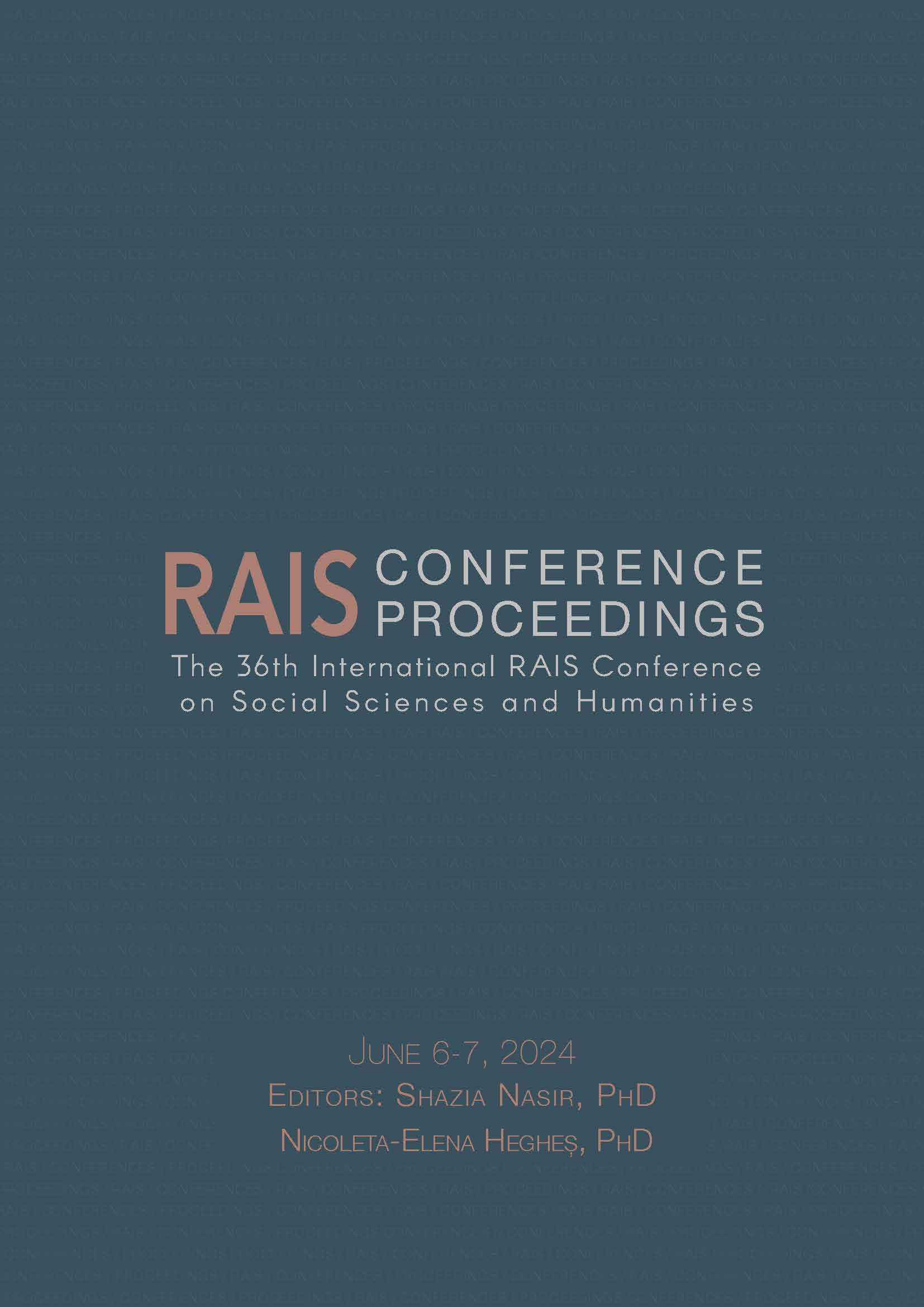Knowledge in the 21st Century: Making Sense of Big Data
Knowledge in the 21st Century: Making Sense of Big Data
Author(s): Julia M. Puaschunder
Subject(s): Business Economy / Management, ICT Information and Communications Technologies
Published by: Scientia Moralitas Research Institute
Keywords: behavioral economics; carbon footprint; data storage; digitalization; Sustainable Development Goals (SDGs); sustainability;
Summary/Abstract: : Economics is built on the idea of scarcity. The rational agent is meant to decide efficiently given scarce resources. Friedrich von Hayek challenged mainstream economic scarcity focus by proposing that economics is also about making sense of an abundance of knowledge that is dispersedly shared throughout society. Born out of the internet and digitalization, we live in the age of the advent of big data science. Computational advantages in light of enormous data storage and analytic powers have allowed to gain unprecedented information transfers out of our use of technology. Today’s most profitable corporations in the world all derive value from big data insights. But extracting sense from a massive amount of data generated online on a constant basis has also become an enormous environmental burden, which is often not discussed or thematized. While marketing ensures to frame cloud storage as something light and intangible, the reality is that data hoarding has become an environmentally-burdensome practice that may not be sustainable given the pace digitalization is advancing, e.g., with 5G and Artificial Intelligence (AI) encroaching every aspect of human life. Big data is stored in facilities that resemble warehouses with enormous electricity consumption for the cooling of real-time data processors. In light of the rising trend of data storage as well as environmental conscientiousness demands at the same time, we may revisit Hayek’s idea of the knowledge paradigm and connect it to scarcity. Economics is called for providing models that explain how to make sense of data efficiently. In particular, Friedrich von Hayek’s knowledge paradigm could offer insights on how and what kind of information should be stored to become knowledgeable and what kind of information warrants for scarcity of being neglected to conserve and simply been forgotten over time to be in line with overall efficiency and sustainability demands to pass the earth onto future generations meaningfully and viably.
Book: Proceedings of the 36th International RAIS Conference on Social Sciences and Humanities
- Page Range: 8-14
- Page Count: 7
- Publication Year: 2024
- Language: English
- Content File-PDF

